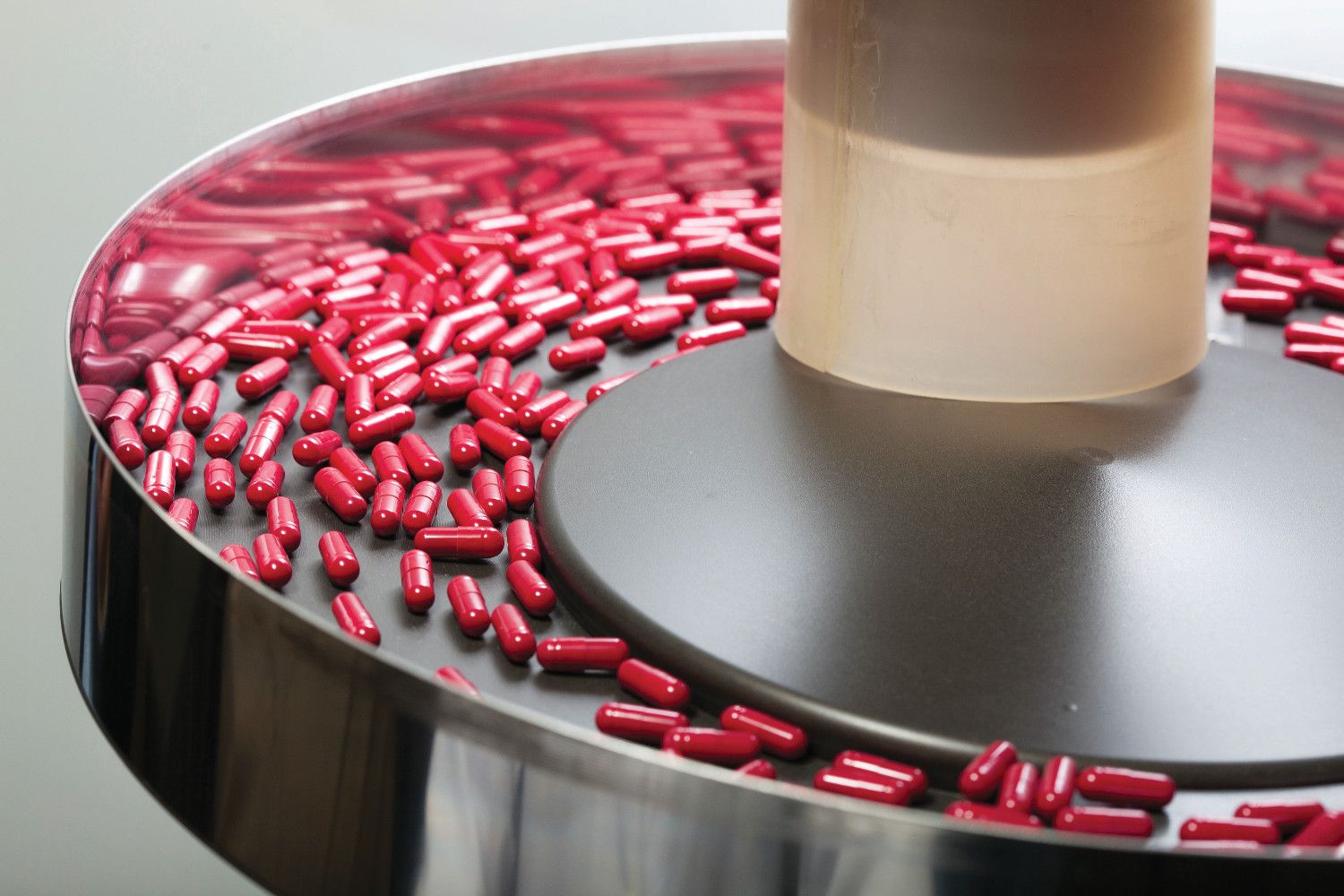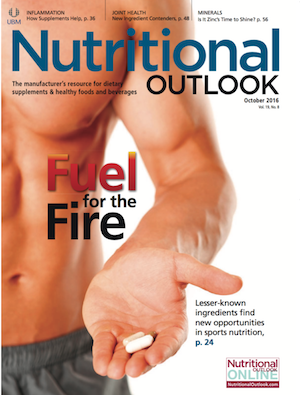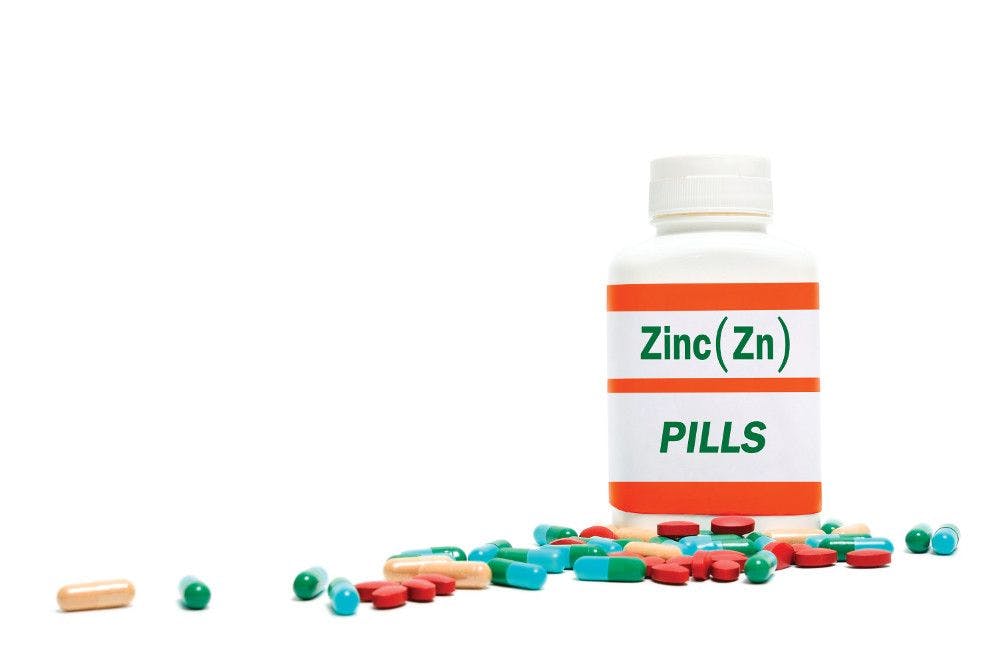Capsule Filling: Quality by Design
How to control costs while optimizing capsule-filling productivity and performance
Photo © Planar/Shutterstock.com

Those who make health and nutrition products are under constant pressure to be “cost leaders”-to operate under leaner budgets while producing new products more quickly and economically to satisfy the requirements of new consumer channels and to outperform the competition. Traditionally, manufacturers trim margins by axing the cost of raw materials. But what does this do to product quality at the end of the day? It’s no surprise that this narrow approach can come with some serious downsides. Cheaper materials can be cumbersome to produce, for instance, and fall short on performance or even result in costly after-market issues.
A more successful, proactive model is “total cost management,” or “quality by design.” Under this model, quality, including end-cost value, is built in from inception to final product.
Take capsule filling. Both the capsule itself and the capsule-filling machine impact one another throughout the capsule-filling process. The “quality by design” model finds the best match of capsule-filling machine and capsule for a specific formula, optimizing efficient production. Not only that, this approach also involves guidance from technical operators who plan, adjust, and manage each component’s contribution in the process.
By thinking about quality holistically in this way, you can improve yields, accelerate filling, and cut downtime-three key, interdependent influences on cost. Gain advantages in one area, and you’ll probably gain advantages in the others. The result of this approach is often financial and time savings, speedier market delivery, and, most importantly, the assurance of achieving target quality.
We have seen these results time and time again. Take the following two examples.
Company A wanted to switch a product from a tablet to a capsule in order to achieve a cleaner label, but when the firm began encapsulation, it found it hard to maintain the capsule’s target weight. Subsequently, the firm experienced large losses. A service engineer’s evaluation, however, found that because of the powder formulation’s very fine nature, it was not compacting well on the capsule-filling machine. So the customer found an alternative supplier who could provide the raw material in a more granular powder. The result? The newly blended product enabled better weight control for the style of dosing being used. Changing the physical characteristics of the blend enabled a 17% increase in yield and a 90-minute reduction in downtime for cleaning and adjustments, resulting in savings exceeding $9,700 for every one million capsules produced.
Another example: Company B faced a recurring problem during loading and separation of its capsules on the capsule-filling machine. A service engineer’s evaluation revealed that productivity was being impacted because the filling machine tooling had worn down over time. Machine operators were instructed on new techniques for evaluating tooling and discerning when parts were damaged or worn out. By applying these diagnostic techniques and correcting issues earlier, the company saw a significant increase in yield and a reduction in downtime for troubleshooting. Because of these improvements, the company saw a $330,000 annual savings in the production of its most common product.
Quantifying Savings
These are the results we have seen from taking a more holistic, overall quality-minded approach to capsule-filling operations. In a 2015 review of case studies from 33 of our customers who followed this approach, customers saw 1) an average line-speed increase of 49%, 2) an average yield increase of 6.1% resulting from fewer losses to starting materials and less time and energy used to churn out fewer filled capsules that cannot be sold, and 3) an average downtime reduction of 109 minutes in an 8-hour shift, for an average downtime improvement of 49%. As a result, the 33 companies saved a combined $9 million, or $273,000 on average per company, due to improvements in productivity.
Machines that are properly fitted to the right formula and capsule and that are maintained routinely run longer, better, and make more product in less time and, consequently, result in less cost. Efficiency upgrades are also vital. Evaluations may result in recommendations for equipment purchase for fill products, process flow appraisals, training on equipment adjustments, and more, from the beginning of the process to the end.
It’s also equally critical for a company to be able to measure the financial gains and business impacts of these upgrades. A “savings calculator” can aggregate all cost drivers, including labor and overhead, to more correctly and comprehensively compute financial savings. These reports can help to endorse key investments in maintenance as well as to help dodge unnecessary costs. They also allow manufacturers to better defend and obtain resources to make the changes that improve productivity of their capsule-filling operations.
So the next time you’re looking to save costs in capsule filling, take a moment to view the entire process through the lens of maintaining quality first, and then tackling costs. With this path in mind, you can make smarter decisions that will make you a true cost leader.
With contributions by Paul Davis and Tim Sopko, members of Capsugel’s (Greenwood, SC) Quality Engineering Services Team. Written by John Davidson, Director of Americas Supply Chain and Technical Service, Capsugel.
Also read:
Dietary Supplement Capsules Challenges and Trends
Problems with Capsule Filling?


























